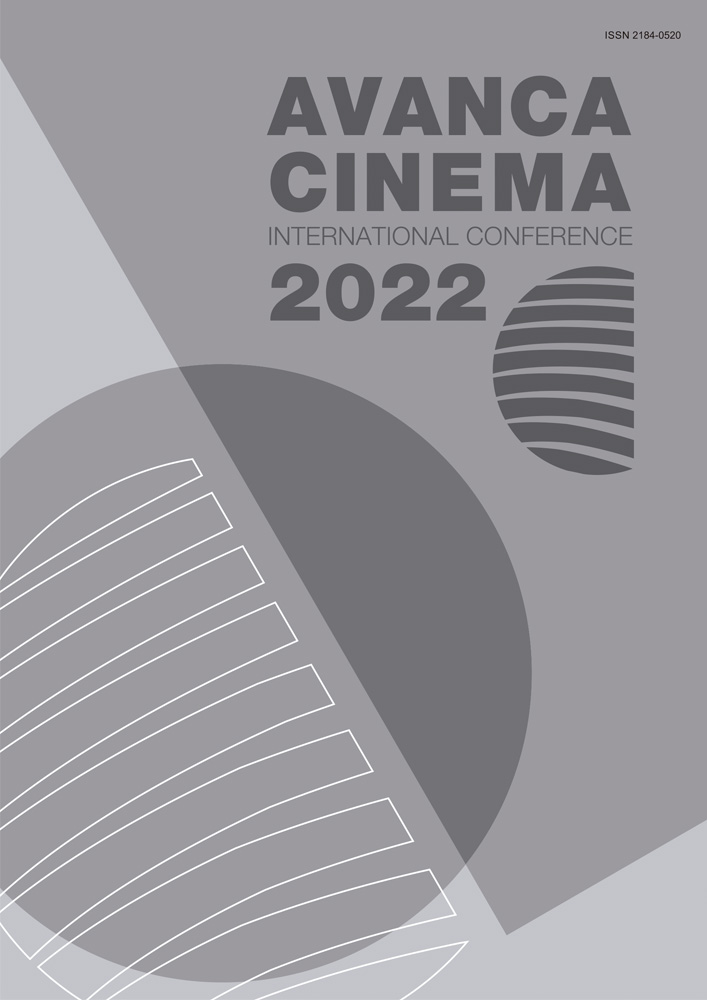Chapter II _ Cinema - Cinema
Alterity, Dialogism and Polyphony through the film Encanto
Abstract
This work recognizes the ability of cinematographic language to create opportunities for the construction of meanings about the world and its environments, about individuals in their relationships and interactions with others and with themselves. And it aims to analyze the alterity, dialogism and polyphony that permeate the constitution of individuals, in the light of cultural-historical psychology, through the film Encanto (2021). In this work, the filmic narrative is built on the tension between the expectations of the members of the Madrigal family waiting to receive a gift, which would give them with extraordinary powers or abilities to help in the community in which they live. In the context, the challenging reality of a family member not graced with the gift stands out. The story offers rich moments of verbal and non-verbal dialogic interaction between the characters, with interactions full of meanings and polyphonies that are established in family relationships. In its plot, the film exposes the reality of Maribel that is constituted in the possibilities and interactions available to her, as the common person - without powers - living surrounded by special people, endowed with supernatural abilities, recognized, applauded and approved, which reinforce the every moment the ordinary existence of the character. Throughout the work, the concepts of alterity, dialogism and polyphony offer the central theoretical support for the structuring of the adopted perspective, providing tools to deepen the reflection on the constitution of the self in the context of relationships and interactions with the other, so recursive, powerful and transformers.

This work is licensed under a Creative Commons Attribution 4.0 International License.

